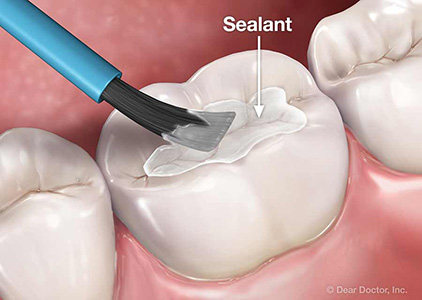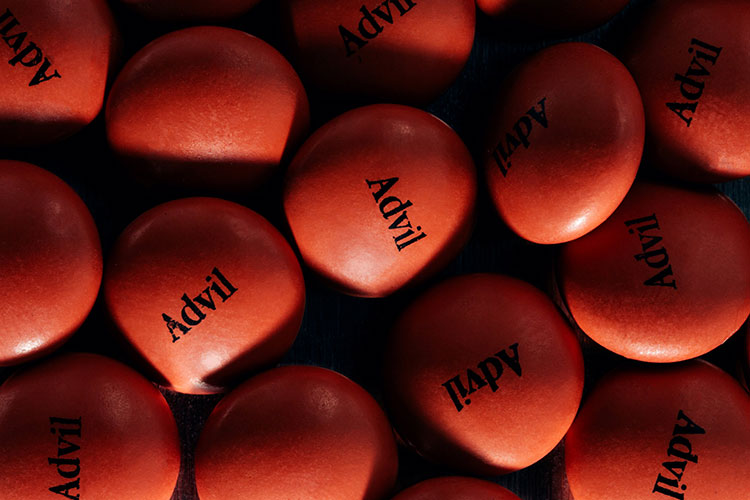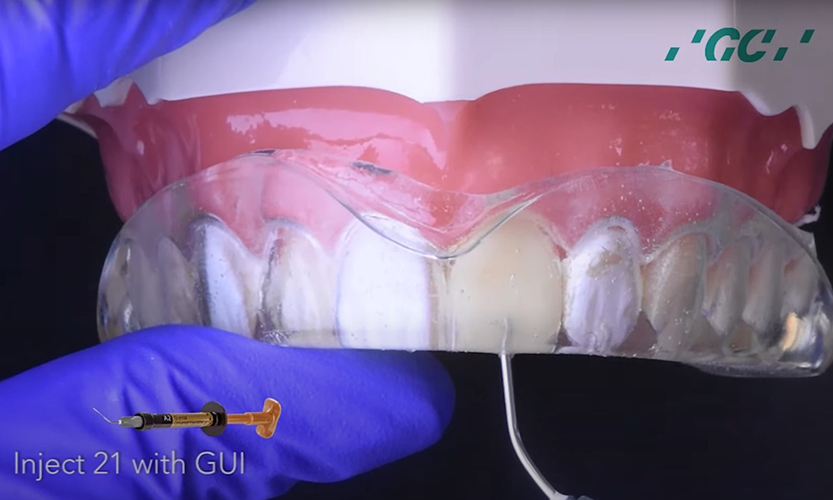Like in every other city across the world, some children in Mississauga will get dental decay. Parents have a big job taking care of their children’s teeth but it is certainly a noble one and an investment in your child’s future. Parents have to constantly watch their child does not fall and knock their teeth. They are their dietician to ensure their children are eating healthy for their teeth and growing bodies, And they even have to brush and floss for their children who are sometimes resistant to the whole concept.

The outside layer of the tooth is called the ‘enamel’ and this is the tooth’s defense against dental decay. It is the hardest substance in your growing child’s body, even stronger than the bones themselves. Enamel is basically the amour of a tooth as it protects it from all the external decay causing forces it must endure. In addition, enamel buffers the teeth from outside stimuli such as cold and pressure. Enamel thickness ranges from 0.5 to 2.5 mm and preserving it is of paramount importance for your child.
Despite its strength enamel it is not impervious and can chip or dissolve. Many foods that we eat and drink contain acids which pose an assault to the protective enamel layer. If the teeth are constantly exposed to acid it can overwhelm the enamel and cause it to slowly dissolve. In addition, bacteria in dental plaque also produces acidic byproducts that can work in concert with food acids to accelerate the tooth destruction. When a bone gets injured fortunately it can regenerate with proper medical care. Unfortunately, this is not possible with tooth enamel Once enamel is gone it can never regenerate and this acts as a gateway to the internal tooth layers such as the dentin and pulp. Our goal at St. Lawrence Dentistry is to help parents prevent this from happening as much as possible.
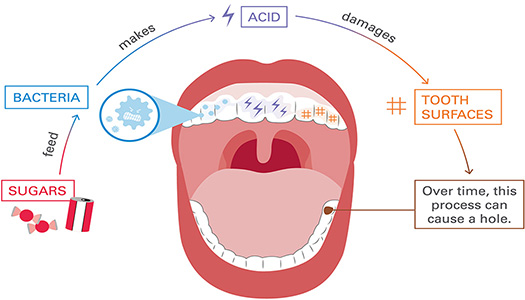
Dental erosion and tooth decay are very common in children who drink alot of soft drinks because they contain an abundant amount of phosphoric and citric acids. Even though fruit drinks can offer nutrients that soft drinks do not, they are still tremendously high in acid and can easily cause tooth decay in children. High amounts of sugars or starches in foods, low salivary flow, some medications, and diseases which compromise the immune system can also lead to an acidic oral environment. If most of the enamel is worn away by erosion the dentin layer of the tooth will become visible. Children’s teeth often have a yellowish color at this point. In addition, children will often complain their teeth feel sensitive, they may look transparent, and chip easily.
There are several steps you can take to protect your child from tooth erosion and decay:
- Reducing or completely removing sodas and juices and other acidic foods from your child’s diet will go along way to prevent tooth decay. If you wish your child to have fruit juices then we recommend having them rinse their mouth with water right away after it is consumed.
- When your child is capable of splitting it out, we recommend a tooth paste containing fluoride. There is overwhelming evidence supporting the anti-cavity effects of fluoride. It particular it has been shown to remineralize enamel after acidic attacks.
- If you live in the Mississauga area, we humbly suggest you consider bringing your child to St. Lawrence Dentistry so we can monitor and remedy any early signs of tooth breakdown. If your child does have dental decay, Dr. Hawryluk will take great care to restore these areas and arrest the decay process.
- Using a straw for sugary drinks can be a huge benefit as this will mean less exposure of many of the teeth to the sugar as the straw will bypass the front teeth.
- Dental sealants for the fissures of your child’s permanent molars provide an excellent barrier against decay. The fissures are the most vulnerable part of a child’s teeth and the resin from the sealant will siphon this area off so plaque and acid cannot access it. If your family is a patient at our Mississauga dental office, please talk to Dr. Hawryluk if you would like more information about dental sealants.
https://www.deardoctor.com/images/website-content/tooth-decay-prevention/sealant.jpg - Monitor what and when your child eats. Snacking constantly throughout the day elevates the incidence of having cavities because it increases the time per day the mouth has to deal with a sugar and an acidic environment.
- Consider giving your child sugar free gum if your child is over the age of 8 and is capable of understanding that it is not to be swallowed. Chewing it can elevate saliva production tenfold which can help protect against cavities because it buffers against any acidity and can help wash away bacteria from teeth. As a side benefit, gum chewing can also help strengthen your child’s developing muscles of mastication Sugarless gums containing xylitol are best because this ingredient has an anti-cavity property in and of itself. One place you can get xylitol containing gum in Mississauga is at Planet Organic which as on Lakeshore Road very close to St. Lawrence Dentistry.
- Make sure your child drinks plenty of water throughout the day. This will help reduce the acidity and bacteria load in your child’s mouth.
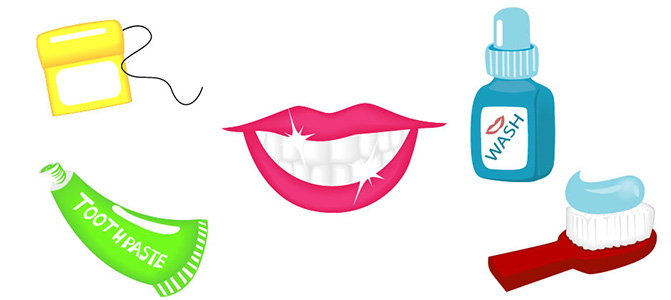
We hope you have found this article informative. If you live in the Mississauga area, St Lawrence Dentistry would be honoured to serve you and your family. Please give us a call if you would like to learn more about our services.
Reference: Your Child’s Teeth: Weidman
- Understanding Dental Cupping on Molars: Causes, Prevention, and Treatment - August 14, 2024
- Bone Preservation: Essential for Strong Dental Implants - August 5, 2024
- Porcelain Veneers from Design to Finish - July 27, 2024




